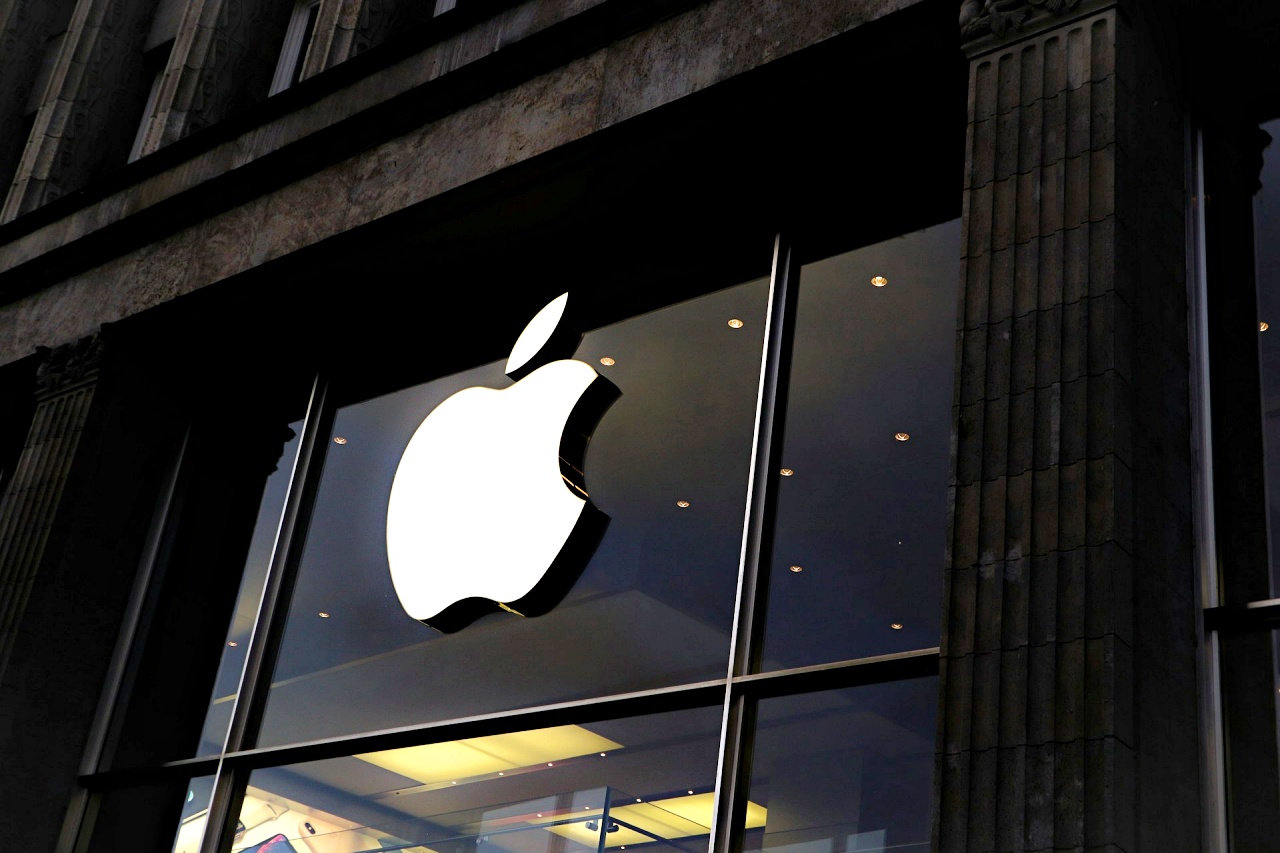Apple Inc. reportedly expanded its supply chain by adding eight new Chinese companies. This move made it apparent that the iPhone maker would be relying on a China-based network of companies for the future production and delivery of its products.
Although Apple managed to establish manufacturing plants outside of the country, it will take many years before it can be completely independent from China. The leading American tech firm added new companies to its Chinese supply chain.
Apple's Supply Chain: List of New Members
WCCFTech reported that, based on Apple's supplier list in 2023, new names were added, expanding its Chinese supply chain. The eight newly added partners are Baoji Titanium Industry Co. Ltd., Jones Tech PLC, Paishing Technology Company, Zhenghe Group, San'an Optoelectronics Co., Ltd., Jiuquan Iron & Steel (Group) Co., Ltd., Zhejiang Tony Electronic Co., Ltd., and Shenzhen BSC Technology Co., Ltd.
Some of Apple's suppliers pledged to achieve carbon neutrality by 2030. Nevertheless, even if it added new Chinese suppliers, the company does not want to be overly reliant on China because of the growing political tension between the United States and Beijing.
Removal of Supply Chain Members
Apple increased the number of its China-based suppliers but also terminated contracts with four Chinese companies: Jiangsu Gian Technology Company Limited, Winox Holdings Limited, MYS Group Company Limited, and Shenzhen Deren Electronic Company Limited. The firm did not disclose why they were removed from the supply chain.
Meanwhile, GizChina reported that for many years now, China has been an essential player in Apple's supply chain. The country contributed 42% of the tech firm's annual production, and it continues to partner with Chinese firms because of the skilled labor force, affordability, low production costs, ability to automate production, and the country's extensive industrial infrastructure.
Photo by: Laurenz Heymann/Unsplash



 Ford and Geely Explore Strategic Manufacturing Partnership in Europe
Ford and Geely Explore Strategic Manufacturing Partnership in Europe  Elon Musk’s SpaceX Acquires xAI in Historic Deal Uniting Space and Artificial Intelligence
Elon Musk’s SpaceX Acquires xAI in Historic Deal Uniting Space and Artificial Intelligence  OpenAI Expands Enterprise AI Strategy With Major Hiring Push Ahead of New Business Offering
OpenAI Expands Enterprise AI Strategy With Major Hiring Push Ahead of New Business Offering  Missouri Judge Dismisses Lawsuit Challenging Starbucks’ Diversity and Inclusion Policies
Missouri Judge Dismisses Lawsuit Challenging Starbucks’ Diversity and Inclusion Policies  Alphabet’s Massive AI Spending Surge Signals Confidence in Google’s Growth Engine
Alphabet’s Massive AI Spending Surge Signals Confidence in Google’s Growth Engine  Weight-Loss Drug Ads Take Over the Super Bowl as Pharma Embraces Direct-to-Consumer Marketing
Weight-Loss Drug Ads Take Over the Super Bowl as Pharma Embraces Direct-to-Consumer Marketing  Sony Q3 Profit Jumps on Gaming and Image Sensors, Full-Year Outlook Raised
Sony Q3 Profit Jumps on Gaming and Image Sensors, Full-Year Outlook Raised  Nvidia CEO Jensen Huang Says AI Investment Boom Is Just Beginning as NVDA Shares Surge
Nvidia CEO Jensen Huang Says AI Investment Boom Is Just Beginning as NVDA Shares Surge  Instagram Outage Disrupts Thousands of U.S. Users
Instagram Outage Disrupts Thousands of U.S. Users  Tencent Shares Slide After WeChat Restricts YuanBao AI Promotional Links
Tencent Shares Slide After WeChat Restricts YuanBao AI Promotional Links  Prudential Financial Reports Higher Q4 Profit on Strong Underwriting and Investment Gains
Prudential Financial Reports Higher Q4 Profit on Strong Underwriting and Investment Gains  SpaceX Updates Starlink Privacy Policy to Allow AI Training as xAI Merger Talks and IPO Loom
SpaceX Updates Starlink Privacy Policy to Allow AI Training as xAI Merger Talks and IPO Loom  FDA Targets Hims & Hers Over $49 Weight-Loss Pill, Raising Legal and Safety Concerns
FDA Targets Hims & Hers Over $49 Weight-Loss Pill, Raising Legal and Safety Concerns  SoftBank and Intel Partner to Develop Next-Generation Memory Chips for AI Data Centers
SoftBank and Intel Partner to Develop Next-Generation Memory Chips for AI Data Centers  SpaceX Pushes for Early Stock Index Inclusion Ahead of Potential Record-Breaking IPO
SpaceX Pushes for Early Stock Index Inclusion Ahead of Potential Record-Breaking IPO  Rio Tinto Shares Hit Record High After Ending Glencore Merger Talks
Rio Tinto Shares Hit Record High After Ending Glencore Merger Talks 































